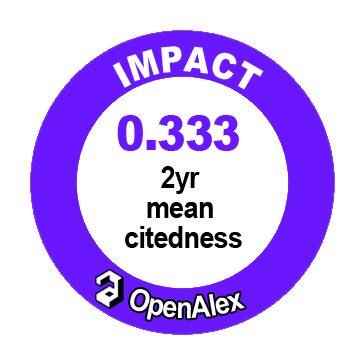Global Economic Freedom in 2025: An Analytical Framework for National Efficiency and Accountability
DOI:
https://doi.org/10.55220/2576-6759.552Keywords:
Economic freedom, Global competitiveness, Institutional reform, National efficiency, Post-pandemic recovery.Abstract
This study examines the conceptual framework of the Index of Economic Freedom (IEF) and analyzes global and regional trends in 2025, with emphasis on post-pandemic recovery. The index, based on twelve sub-indicators under four pillars—Rule of Law, Government Size, Regulatory Efficiency, and Open Markets—offers a multidimensional perspective on the state of economic freedom worldwide. Findings reveal that while leading countries such as Singapore, Switzerland, and Ireland maintain high rankings due to strong institutions and market-oriented policies, overall global progress remains limited. No region qualifies as “Free” or “Mostly Free.” Europe is the only region categorized as “Moderately Free,” whereas others continue to face systemic obstacles, including weak property rights protection, insufficient judicial independence, and poor enforcement of contracts. These weaknesses restrict private sector development, limit foreign direct investment, and hinder innovation. The analysis highlights widening disparities between advanced and developing economies, suggesting that uneven reforms risk exacerbating global economic imbalances. Strengthening governance quality, regulatory transparency, and openness is therefore urgent. The study underscores the role of international organizations and cross-border cooperation in facilitating convergence through policy learning and technical support. Evidence from IEF sub-indices shows that higher scores in Rule of Law and Regulatory Efficiency correlate with stronger growth, greater investment, and enhanced innovation, while deficiencies slow recovery and reduce resilience. Overall, advancing economic freedom is critical not only for improving index performance but also for fostering inclusive growth, attracting investment, and enhancing competitiveness in an increasingly volatile global economy.





